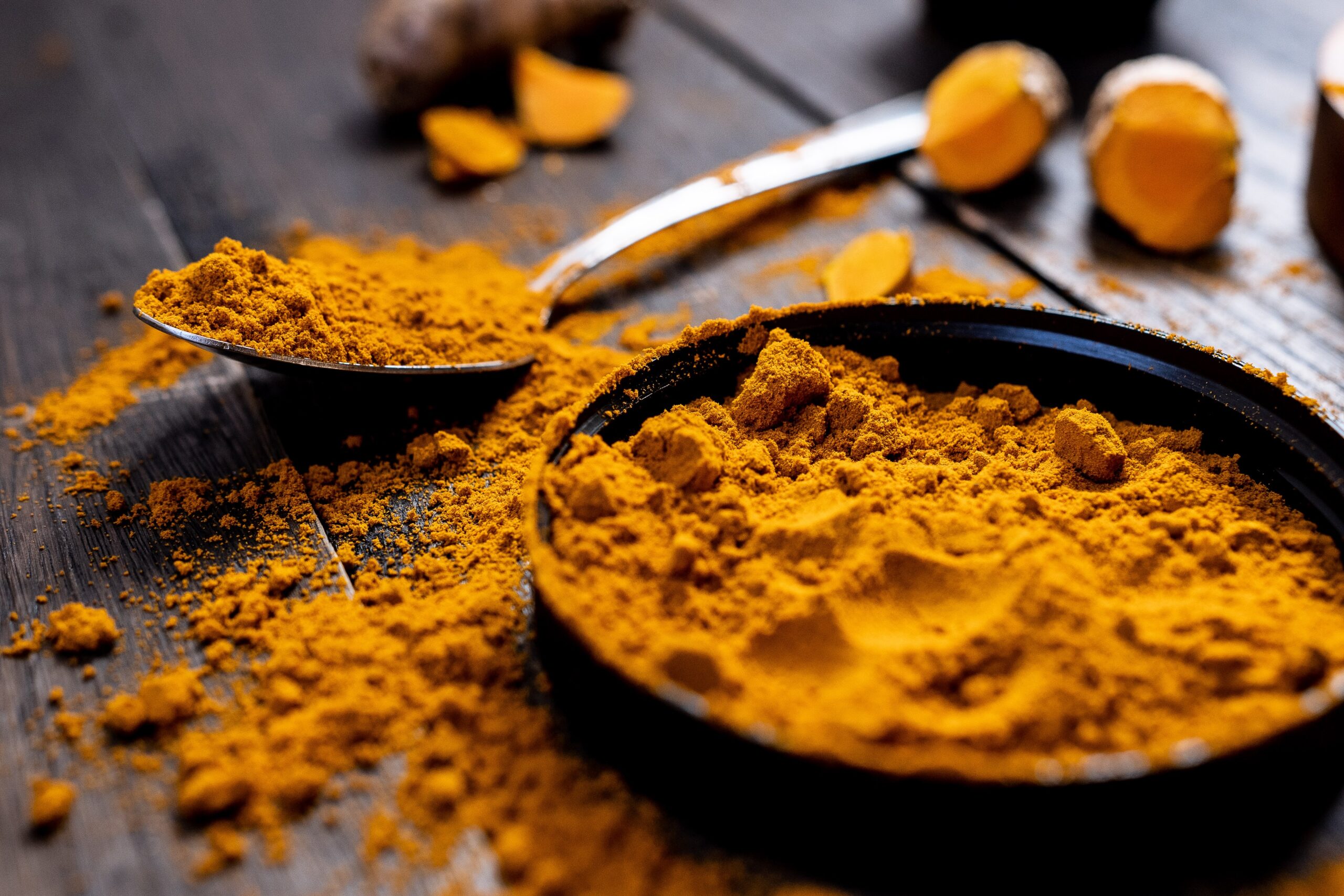All hail turmeric – a humble spice with mighty health benefits
It’s in your spice box. It’s in your curry. It’s in your dips. It’s in your stir-fries. It’s in your tea. And perhaps even your latte. But it’s also in thousands of scientific research papers. Thousands. But why? Why has this unassuming spice gained so much scientific attention?

A short “about me” section on turmeric. It’s a plant from the ginger family native to Southeast Asia, the underground shoots (rhizomes) of which are used as a spice. In fresh form, it looks like an odd small ginger with an intensely bright orange inside. And some scientists say in the future it could be at the forefront of human disease treatment.
The vast research on turmeric
Turmeric is orange due to its main active compound – curcumin which can be used as a dye and as a potent pharmaceutical agent. Paper after paper mentions the wonders turmeric/curcumin can do for human health. Turmeric or curcumin has such properties:
- Antioxidant
- Anticancer
- Anti-inflammatory
- Antimicrobial
And it has also been shown to promote:
- Skin health
- Cardiovascular health
- Brain health
- Cognition (in some studies)
The problem with turmeric
The biggest problem with turmeric is its poor bioavailability. Which means, the amount of curcumin that your body can absorb from eating turmeric is quite small. Curcumin just happens to be oil-soluble, not water-soluble, and our digestive system mostly runs on water. So if your body can’t absorb curcumin from turmeric well, what’s the point of eating it?
There have been some creative ideas to make curcumin more bioavailable (absorbable in our digestive system). This has given rise to liposomal curcumin, curcumin nanoparticles, or just eating curcumin with plenty of piperine – a compound found in black pepper and oil (remember curcumin dissolves better in oil). But none of these methods particularly stand out as extremely effective.
Although some scientists argue that despite the “low” bioavailability of curcumin, it’s still effective in battling cancer, diabetes, heart problems and neurological diseases. And that when we do know how to better increase its bioavailability, it could bring this humble spice to the forefront of therapeutic agents for the treatment of human disease.
"Curcumin from turmeric isn’t absorbed well by our digestive systems. But some scientists argue it still has numerous health benefits."
Important note: turmeric is not a holy grail of natural medicinal substances. Despite its apparent health benefits, there is also some evidence that it may be toxic for the liver. Like with most supplements, moderation is key.
The verdict on turmeric
Turmeric and curcumin are still intensely studied, and there is still a lot to find out about it. But with the current pace of research, it might simply be a matter of time before it becomes a proper, real medicine of natural origin.
So don’t hesitate. The next time you’re going to be strolling through the supermarket, grab some odd-looking ginger (turmeric) or a packet of ground turmeric. Make some coconut chicken curry or a fragrant lemon-turmeric tea. Treat yourself (and your body) well.
More from the magazine
Selected stories from our Team








